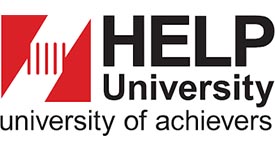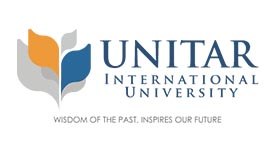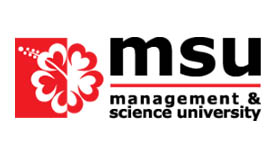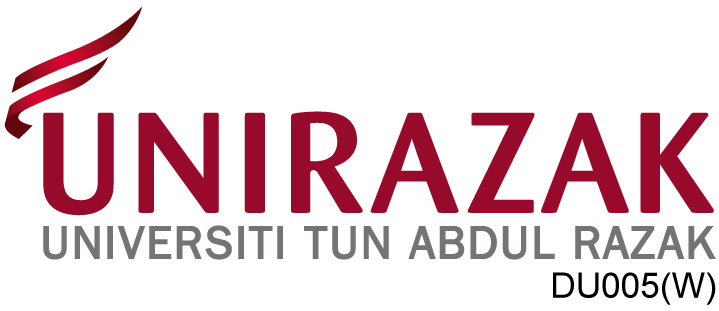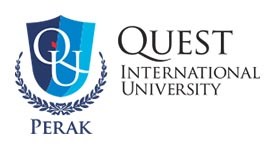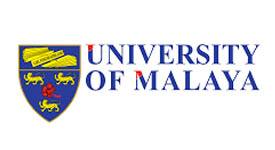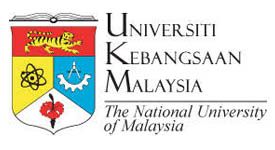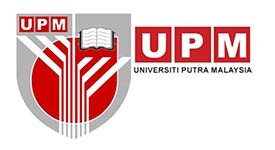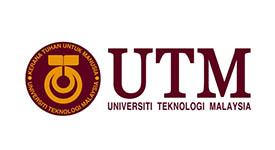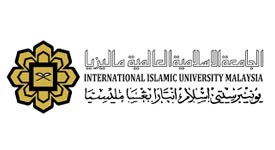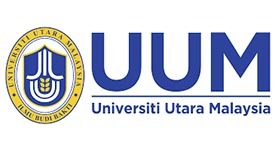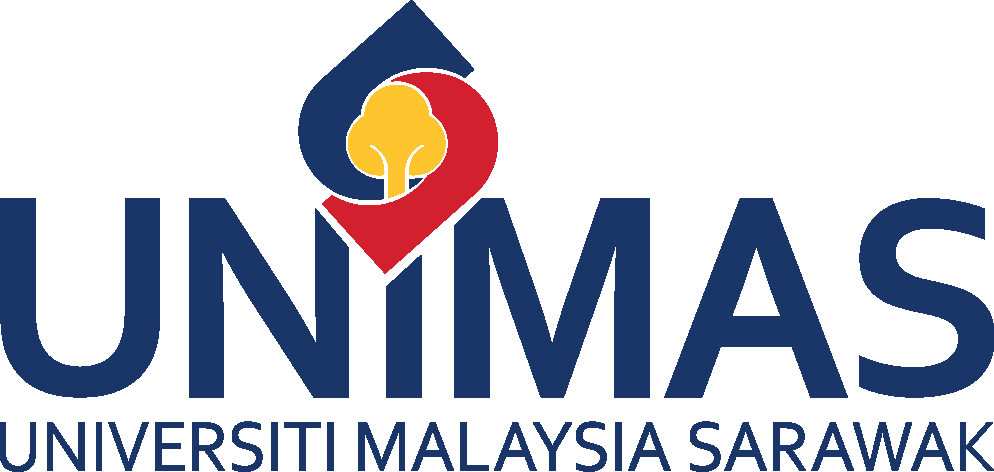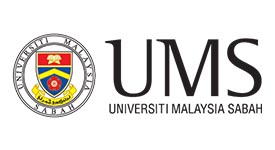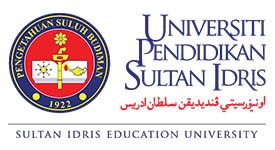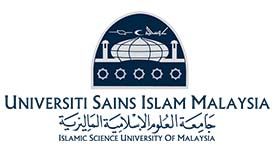Subjects of Master of Education in Teaching English As A Second Language in HELP University
Malaysia
STRUCTURE
CORE MODULES
- MED501 Second Language Learning: Theory, Acquisition, & Development
- MED502 TESL Methodology: Theories and Practice
- MED503 Task-Based Language Teaching
- MED504 Testing, Evaluation, & Measurement in TESL
- MED505 Curriculum and Syllabus Design in TESL
- MED506 Education Research Methods
- MED507 Integrating Technology & Multimedia in TESL
- MED515 TESL Methodology 2
- MED509 Linguistics and Language Teaching
- MED510 Research – based Practicum (Project Paper)
ELECTIVE MODULES
- MED511 Language Planning, Policies & Implementation
- MED512 Practical Strategies for Managing Large TESL Classes
- MED513 Literature and Language Teaching
- MED514 English for Specific Purposes
- MED508 Teacher Development in Language Education
SYNOPSIS OF EACH MODULE
MED 501: SECOND LANGUAGE LEARNING: THEORY, ACQUISITION & DEVELOPMENT
It is important for teachers and graduate students of ESL to be familiar with second language learning phenomena. The module provides a solid basis from linguistic, psychological and social perspectives regarding how young adults learn languages as opposed to childhood learning. A theoretical and practical approach is taken to train the expertise needed by second language teachers in formal ESL settings.
MED 502: TESL METHODOLOGY: THEORIES AND PRACTICE
The methodology of ESL as seen in current textbooks used in schools needs to be examined in the light of the emerging trends that have resulted from research into language learning. A comprehensive understanding of past and present approaches and the rationale behind them, the trends in effective strategies and techniques, awareness of important learner factors, and related essential information to enhance classroom teaching and management is crucial to the competence and professional development of the teacher. This course seeks to provide this understanding and competence.
MED 503: TASK-BASED LANGAUGE TEACHING
This module gives a focused opportunity for in-depth study of an approach in language pedagogy – Task-Based Learning (TBL) – currently enjoying significant professional support throughout the language teaching world. The module will provide an opportunity for a systematic examination and review of major issues in language education, including curriculum and syllabus design, materials development, implementation, use and development of language, and assessment
MED 504: TESTING, EVALUATION AND MEASUREMENTS IN TESL
A large number of TESL teachers, or teachers-to-be or decision-makers often have little training in designing tests or measurements that can be effectively used to gauge their students’ progress or proficiency. This module deals with the importance of knowing why testing is done, evaluates current practices, and examines the range of tests and assessments that school children go through. TESL teachers or teachers-to-be will develop assessments suited to their situation, be very clear as to how they test, and more importantly, be accountable for (and be able to justify) the uses for which their assessments are put.
MED 505: CURRICULUM AND SYLLABUS DESIGN IN TESL
Curriculum and syllabus design is an essential skill. This expertise should include the competencies developed in this module: ability to assess learning and learner contexts, target proficiencies and essential institutional support.
MED 506: EDUCATION RESEARCH METHODS
Although most would agree that research is important in any academic field, the how-to of doing research is not familiar to many. This module offers systematic guidance in the basic aspects of planning, selecting relevant specific designs, conducting, and evaluating research. Additionally, students would be trained to read and evaluate studies in the field that have formed the basis for major trends, approaches, and methodology in TESL so that they can make logical decisions and choices for their work environments.
MED 507: INTEGRATING TECHNOLOGY & MULTIMEDIA IN TESL
It is becoming increasingly clear that technology at its current stage of development is having a great impact on motivating and influencing how and what young people learn – often outside the classroom. This module sets out to impart knowledge and skills to make good teaching even better by employing the medium that is firmly set to be a key part of current education, social and work environments. It is essential for the teacher to be critically aware of this phenomenon and be able to make informed decisions regarding its use. Teachers ought to be able to recognise positive developments and learn to embrace the acquired skills to address pedagogical needs and objectives.
MED 508: TEACHER DEVELOPMENT IN LANGUAGE EDUCATION
As with all other professions, English language educators are affected by developments and changes in society and the world. In order to keep pace with such changes and to stay relevant, an English language educator’s skills and competencies must be continually sharpened and updated. This module deals with issues that are inherent in language teaching e.g. dealing with learner differences, generating motivation, roles of language teachers in the larger context, native vs non-native varieties of English, upgrading language teachers’ proficiency continual professional skills.
MED 509: LINGUISTICS & LANGUAGE TEACHING
A sound knowledge of linguistics and the workings of the English language serves any second language educator well in any bilingual environment. This knowledge is a resource valuable in explaining, comparing, and contrasting the learner’s own language and the impact it has on second language acquisition.
MED 510: RESEARCH-BASED PRACTICUM (PROJECT PAPER)
This research-based practicum provides the students a valuable opportunity to consolidate learning in the MEd TESL programme in order to convert it into a practicum in an actual teaching situation. This enterprise is highly important given the range of students on the Programme whose practical experience will vary widely. It also gives them chance to put theory into practice, to be innovative in their thinking, and to demonstrate their skills in order for systematic feedback from the programme lecturers.
MED 511: LANGUAGE PLANNING, POLICIES AND IMPLEMENTATION
Most, if not all, TESL educators operate within situations where language policies and planning exist – some to a much larger degree than others. As such, it is important for all TESL educators and researchers to have an informed understanding of the rationale behind language planning, the efficacy of the policies, and the implications thereof, especially in terms of the value placed on bilingual education and its aims.
MED 512: PRACTICAL STRATEGIES FOR MANAGING LARGE TESL CLASSES
Large classes are the norm in most TESL classes, particularly in non-native English situations. Most teachers are severely challenged with regards to class management given the prescribed curriculum and objectives of their lessons. This module explores ways – some innovative and technology-based – that can offer solutions to manage behavior, motivation, engagement of learners, and therefore maximize the chances of successful learning in classrooms.
MED 513: LITERATURE AND LANGUAGE LEARNING
Proponents for including English literature in ESL classrooms point out that it offers the learners a greater awareness of the linguistic and cultural dimensions to the language they are trying to master. Using English literature expands the learners’ awareness of genuine language use in authentic situations. This is beneficial in ESL or EFL situations where English speaking communities are not common.
MED 514: ENGLISH FOR SPECIFIC PURPOSES
It is essential for TESL educators to have a professional understanding of the current thinking in teaching English specifically to match the academic or occupational needs to the learners, many of whom are adult and require English beyond its general use. This is a global trend that has impacted the role of English and the approach and pedagogy associated with it.
